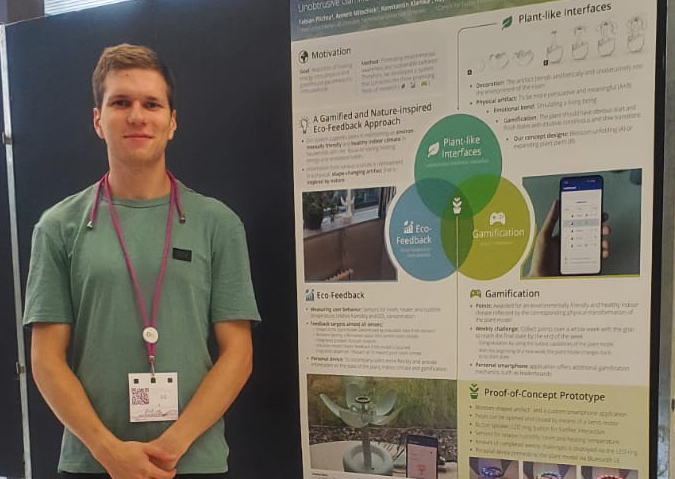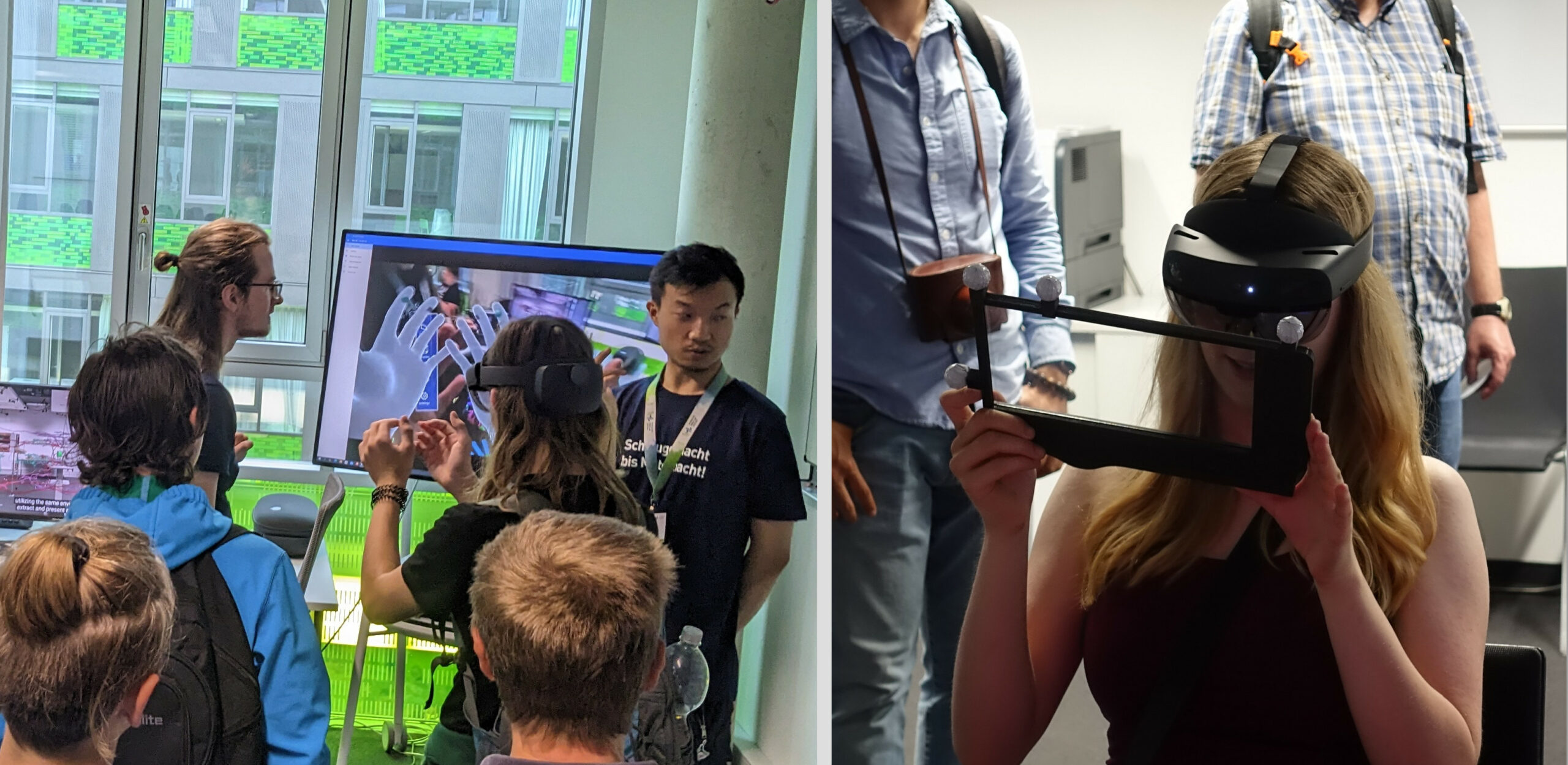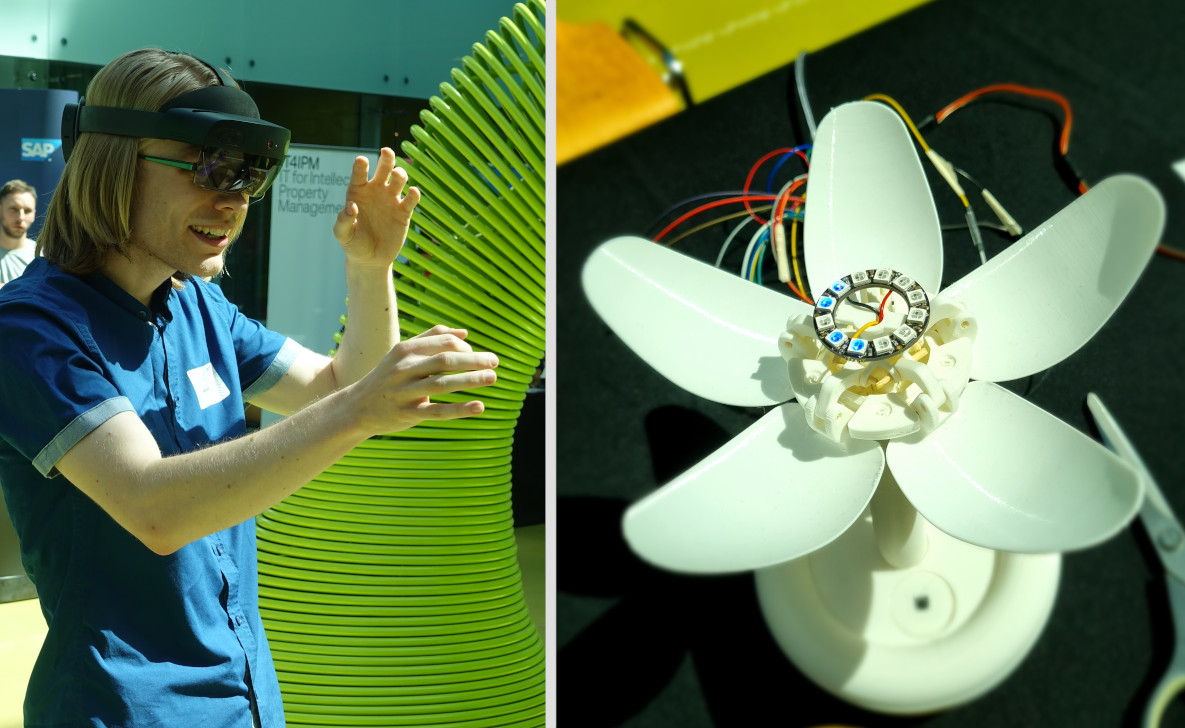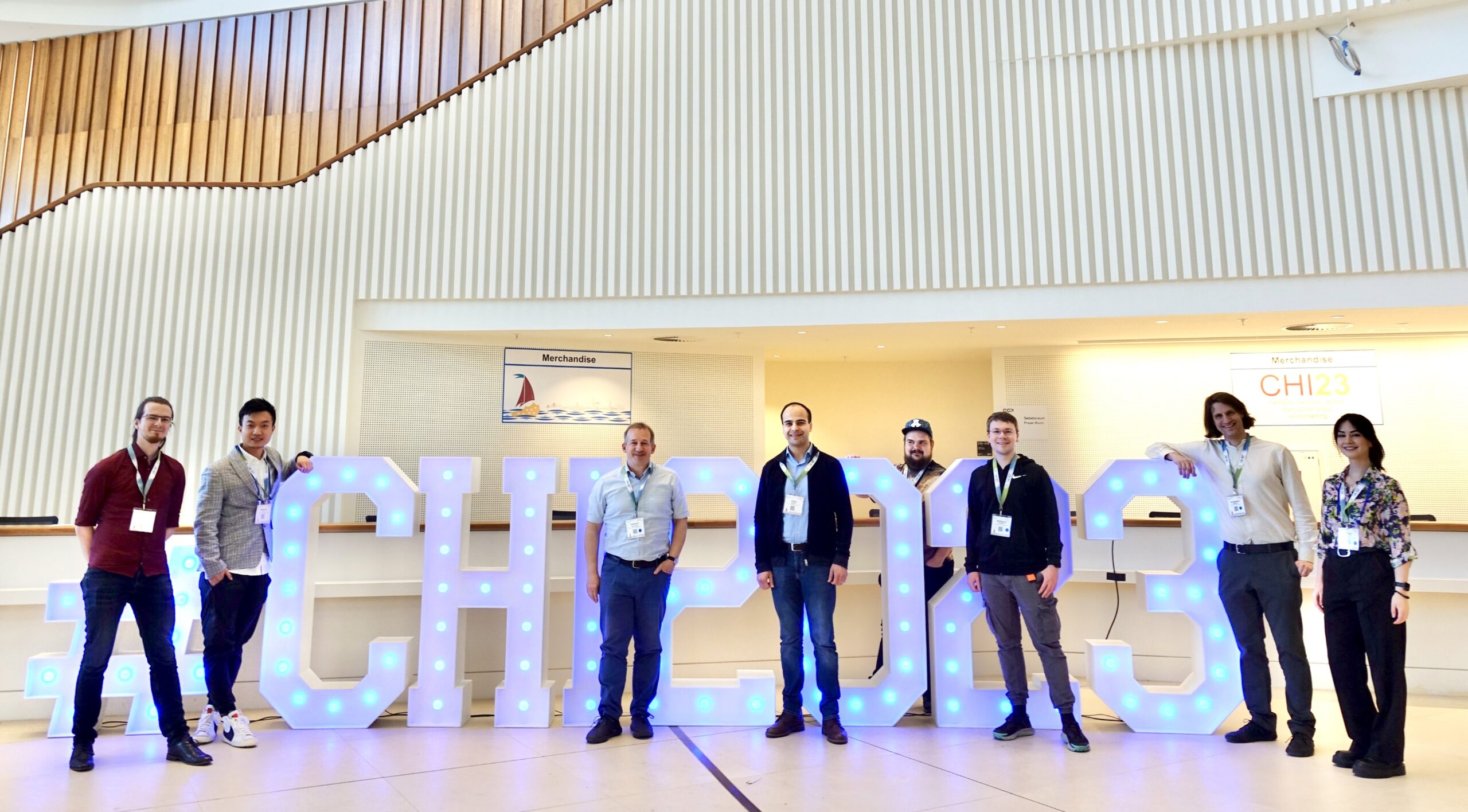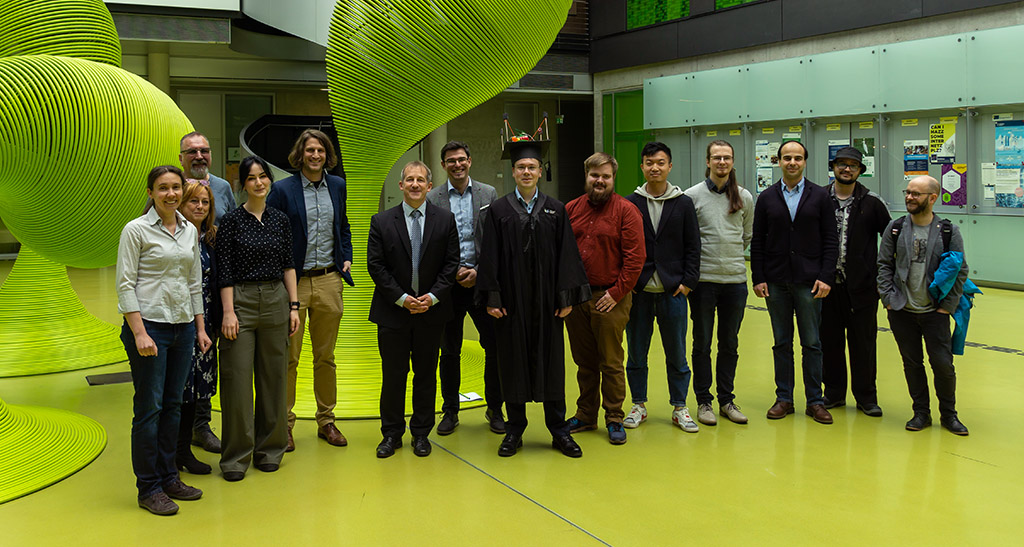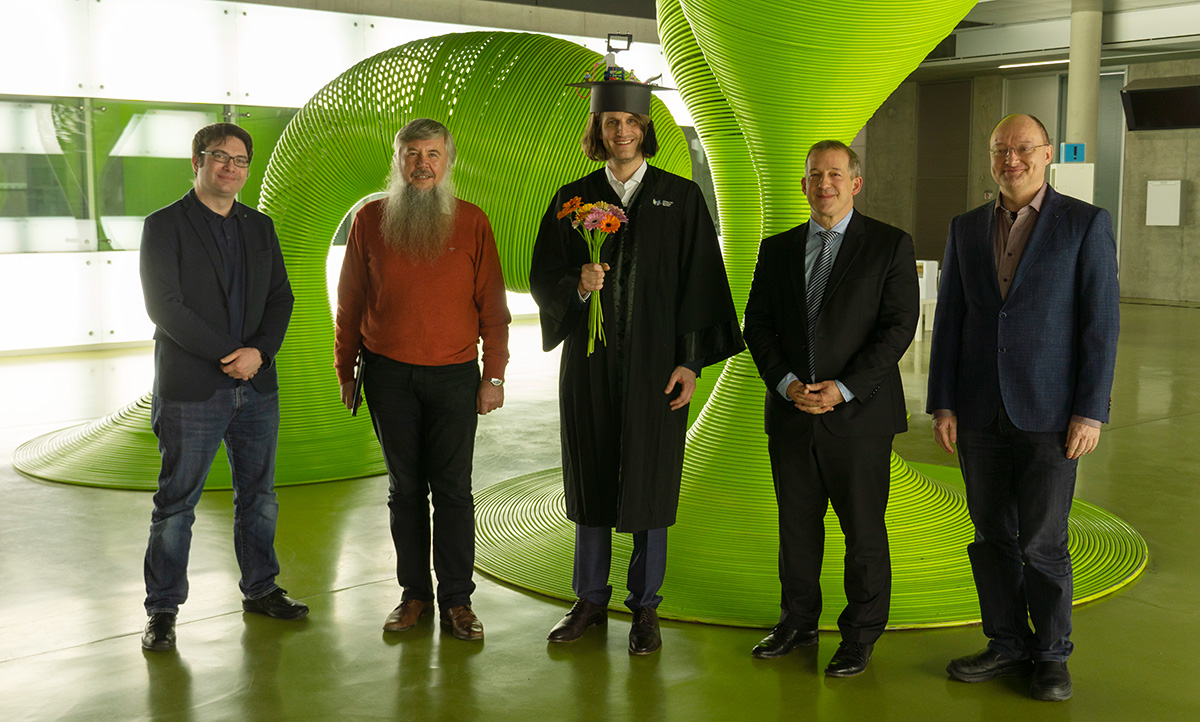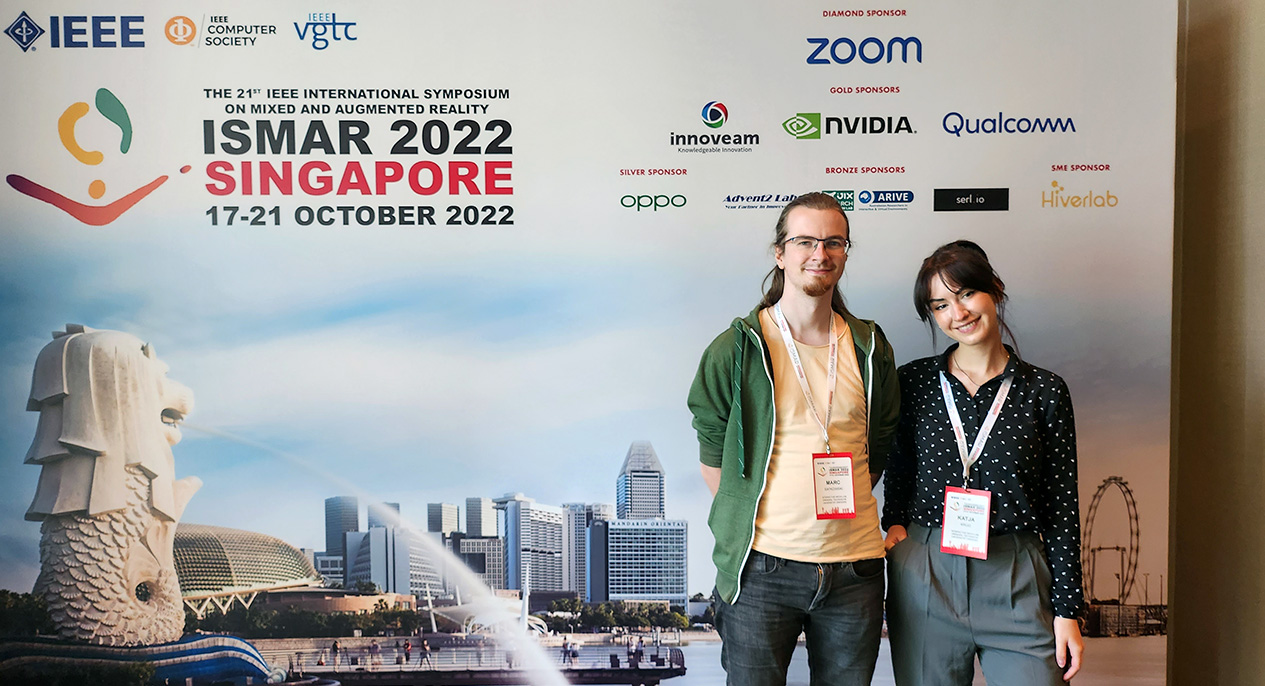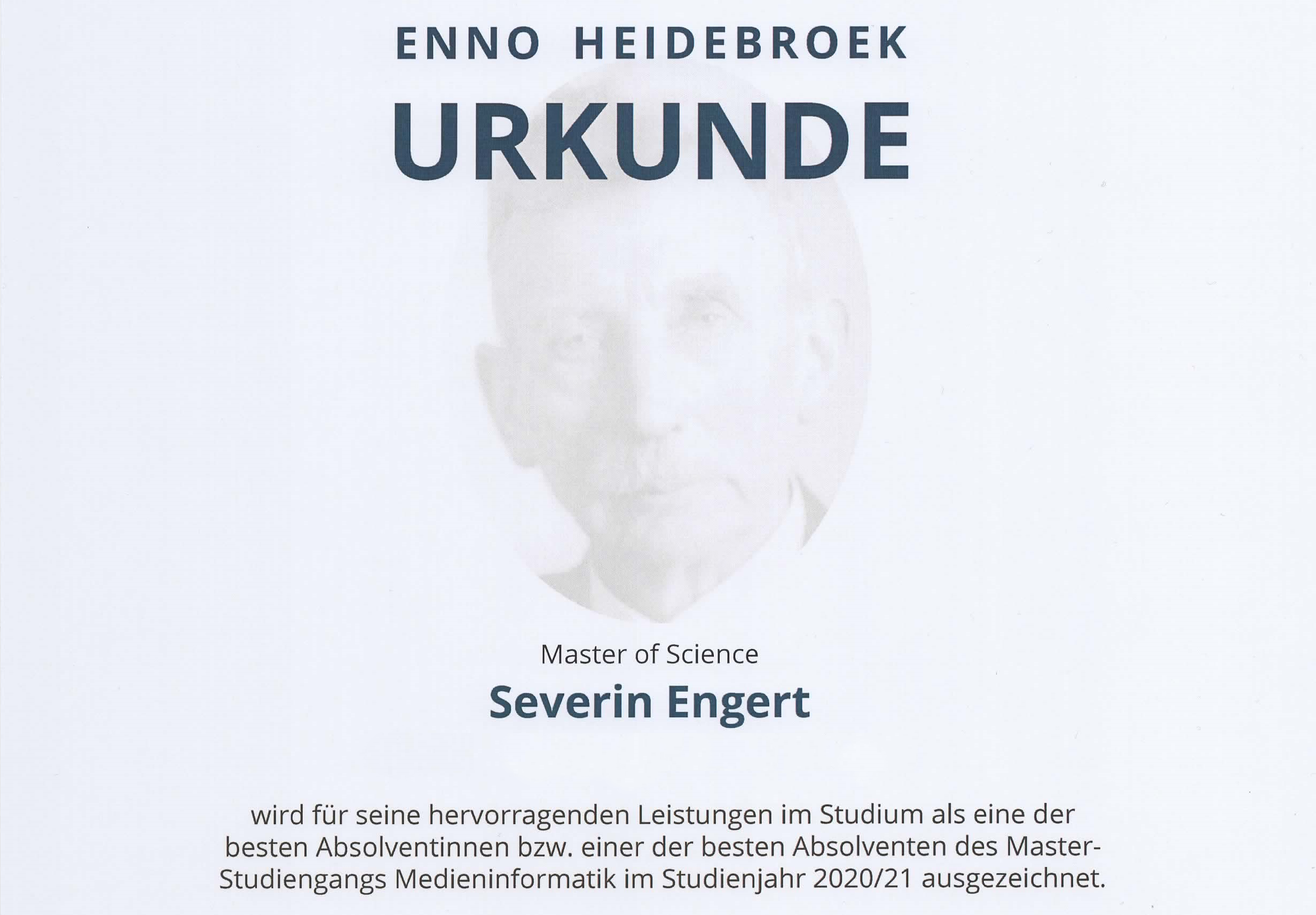This year, Fabian Plichta presented our work Growing Green Habits: Unobtrusive Gamified Eco-Feedback to Motivate Sustainable Behavior at the Mensch und Computer 2023 conference, which is one of the largest conference series on human-computer interaction in Europe. The MuC ’23 conference took place at at the OST Eastern Switzerland University of Applied Sciences Campus Rapperswil (SG) at the Zürichsee in Switzerland.

